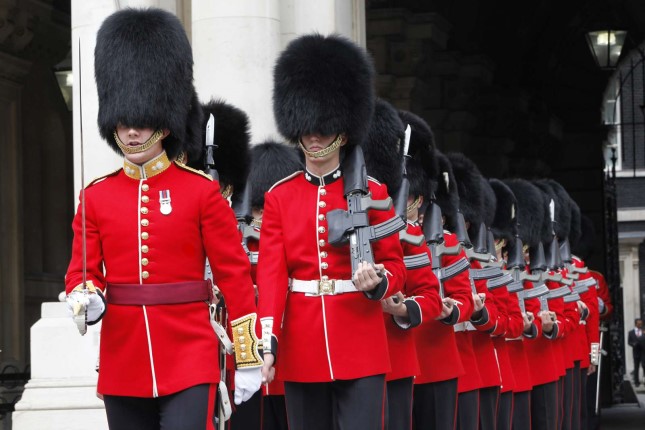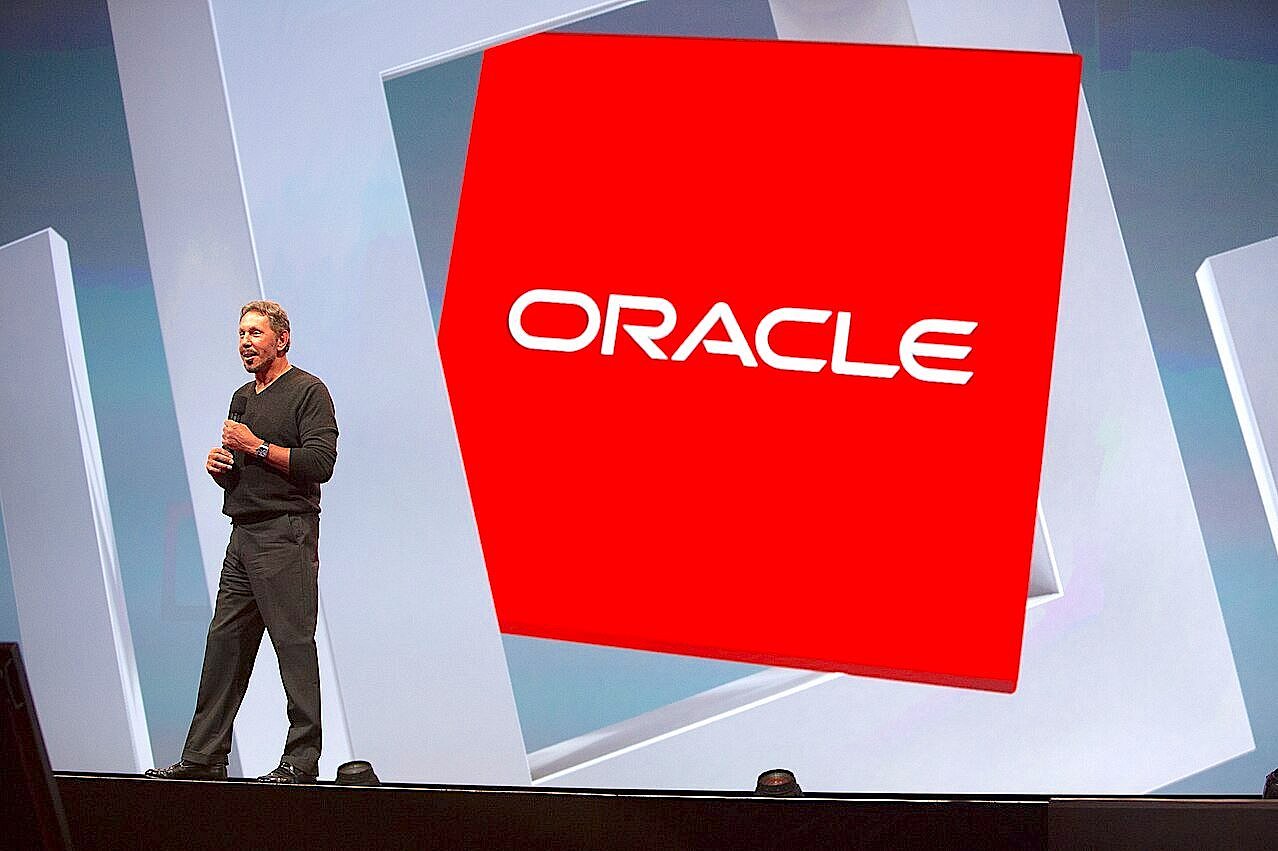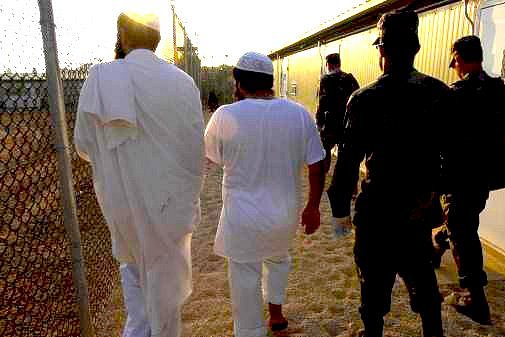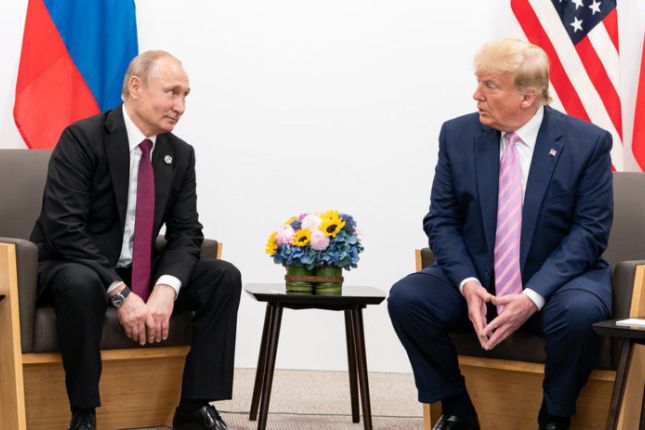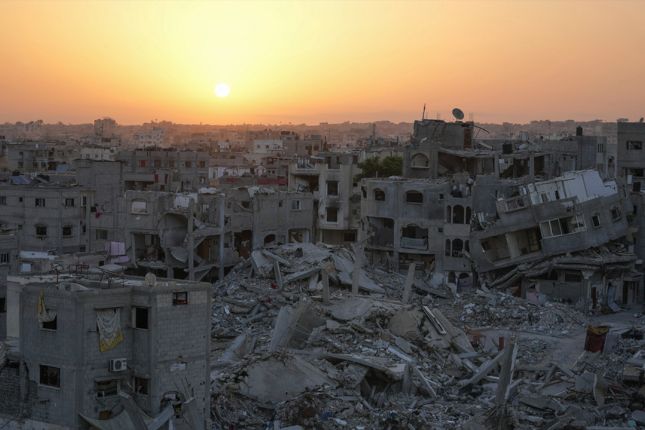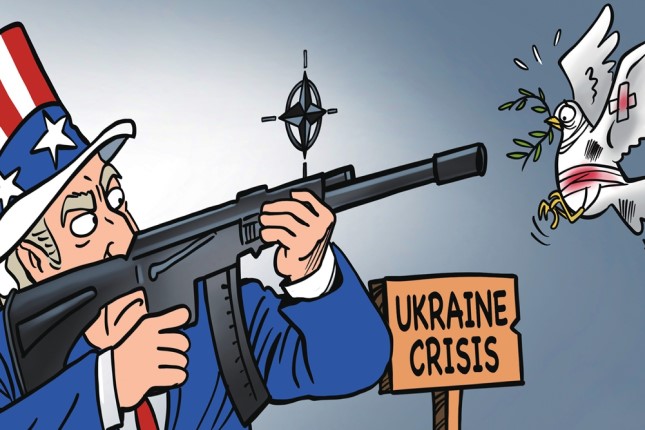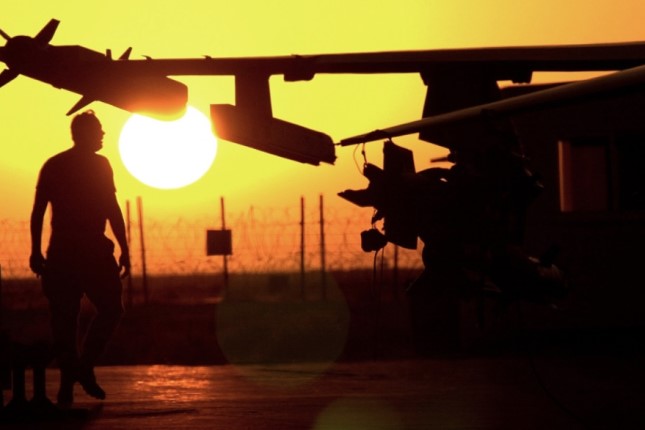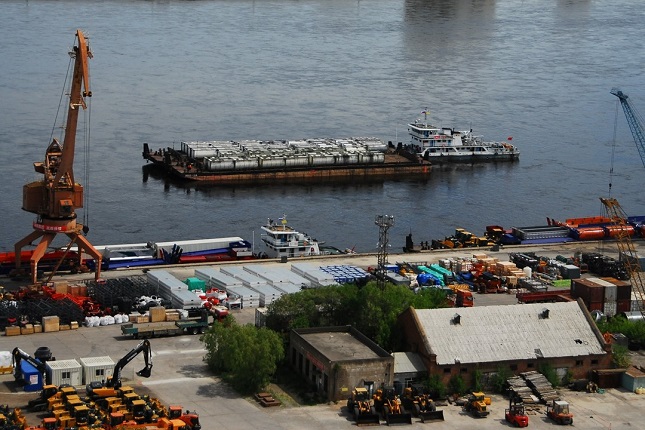The closer the elections in Turkey, the more noticeably the incumbent President Recep Tayyip Erdoğan is cementing his positions. According to the pre-election poll from the OPTIMA Research Group, conducted April 25 – 28 and published by the Turkish newspaper Hürriyet in early May, out of the two main candidates, Erdoğan would receive 51.4% of the votes today, while his main competitor, the sole opposition candidate Kemal Kılıçdaroğlu would get 48.6%.
However, a poll where voters are asked to choose not from the two leaders, but from all four registered candidates gives slightly different results: Erdoğan – 48.6%, Kılıçdaroğlu – 44.1%, Muharrem İnce – 4.3%, and Sinan Oğan – 3%. That means it's quite likely that voting will go beyond one round.
The first round of voting will be held on May 14. The second round, if none of the candidates secure more than 50% of the vote, will be held on May 28.
Both of the leading candidates have been on the rise in the last two weeks. Moreover, Erdoğan has managed to recover not only from a decline in popularity following the earthquake but also from health problems. On April 25, the Turkish leader became ill during a live broadcast and he was immediately hospitalized. He missed several previously scheduled speeches, but since then he has demonstrated enviable vitality.
The noticeable discrepancy in pre-election polling also indicates that a second round may be necessary. For example, according to a survey from the Ser Araştırma research company (conducted April 30 – May 2), Kılıçdaroğlu will defeat Erdoğan 52.7% to 44.3% in the first round. Conversely, according to a poll by AREDA Survey (conducted May 1 – 3), Erdoğan will defeat Kılıçdaroğlu in the first round, 50.8% to 41.9%.
On May 4, a ten-day moratorium on pre-election polling came into force. Thus, the impression from the surveys is that the parties were making their final "artillery preparations," seeking to influence the opinions of voters by publishing polls that lean in their favour.
Such an acute "war of polls" creates all the preconditions for electoral manipulation in the vein of colour revolutions. So far, it certainly looks like the opposition is preparing to challenge unfavourable election results given any opportunity to do so – as usual with the support of the West.
Thus, in an interview with The Financial Times on April 29, Kılıçdaroğlu expressed doubt that the presidential elections would be held without violations: "We will not allow [the vote] to be stolen." According to him, "We absolutely do not trust either Erdoğan or the High Election Council. Therefore, we have been working for a year-and-a-half to ensure security at all ballot boxes."
The liberal newspaper The Guardian spoken even more harshly. On May 4, the paper published a dramatic article entitled, "Erdoğan's earthquake: how years of bad government made a disaster worse." And it concluded in an equally dramatic fashion: "In a time of mourning and chaos, people whose differences over religion, nationhood and other issues going back more than a century must work together. The unity with which civil society confronted the earthquake is needed on the political front. Otherwise the plunderers will get away with it again."
It might seem that such hits are not particularly important: After all, what does the Turkish Philistine care about publications in the Western media? However, they are betting on the idea that, given the fairly equal popularity of the two candidates, it is the foreign vote that could play a key role in determining the winner. If the fight moves on to the second round, this would already be a serious achievement for the opposition that would sow doubts about the certainty of the incumbent president's victory and lay the foundation for possible post-election protests. And even if Erdoğan is victorious in the end, it would force him to pay more attention to opinions from abroad.
Erdoğan’s counterplay
Meanwhile, Erdoğan and his team are betting on the benefits that Turkey has and will receive from its neo-imperial course. In April, Turkey launched a number of megaprojects within the framework of the "Century of Turkey Vision" program. It launched the İMECE satellite to monitor the Earth's surface, introduced the Togg T10X electric car, began extracting gas from the Black Sea Sakarya deposit and delivering it to land, and also opened the Istanbul Financial Center, the Kocaeli City Hospital, and metro lines in Ankara and Istanbul.
The universal landing ship TCG Anadolu was put into operation, a new Turkish Altay tank was loaded on it in a public demonstration, and modern attack drones and helicopters were placed on the deck.
On April 27, just two days after his hospitalization, Erdoğan found the strength to participate by video in a joint ceremony with Russian President Vladimir Putin on the occasion of the delivery of nuclear fuel to the Akkuyu NPP Unit 1.
And in May, the Turkish Ministry of Energy announced an agreement with Gazprom to postpone part of its gas payments due to the sharp increase in prices.
That is, Erdoğan is pulling out all the stops, using everything the county has achieved under his rule over the past two decades to ensure his victory in the upcoming elections. And Turkish voters are responding positively. After all, the opposition can only promise to reverse the slide towards autocracy, restore democratic institutions, and start working on the country's economic problems, as Kılıçdaroğlu did in the aforementioned Financial Times interview. "Independence of the judiciary, freedom of the media, freedom of expression, all these need to come back," Kılıçdaroğlu told the newspaper. "[Our priorities] will be the economy and democracy… [The nation] cannot afford to lose another five years to Erdoğan," he added.
But will Kılıçdaroğlu be able to convince voters that five years have truly been lost?
In search of regional balance
The paradox is that not everyone in the West sees Kılıçdaroğlu as a more useful leader than Erdoğan. Erdoğan is not so convenient for those who would like to continue the game of escalating the conflict in the Black Sea Region and the Eastern Mediterranean as a whole.
Erdoğan is playing hard ball in Ukraine, delivering weapons there and receiving economic and political bonuses from the grain deal in return. However, he knows there is a limit beyond which the losses would exceed the benefits of the conflict many times over. And he is strong and independent enough to prevent Turkey from becoming a hotbed of instability, which would turn the confrontation between Russia and the West into a real catastrophe for the region.
If the opposition comes to power, it will obviously be weaker and more prone to manipulation. Moreover, the oppositionists are, unlike Erdoğan, ready to again hand the European Union the right to demand the resumption of negotiations on Turkey's accession to the EU. But Europe today, especially "old Europe," has plenty of other things to worry about. Such a new European policy from Turkey would benefit only those who seek the long-term destabilization of Europe.
And therefore, Erdoğan, who sees Turkey not just as an independent state but also as an important economic and strategic centre in no way inferior in power to Iran, for example, has many more allies in the West than it might seem at first glance.




















